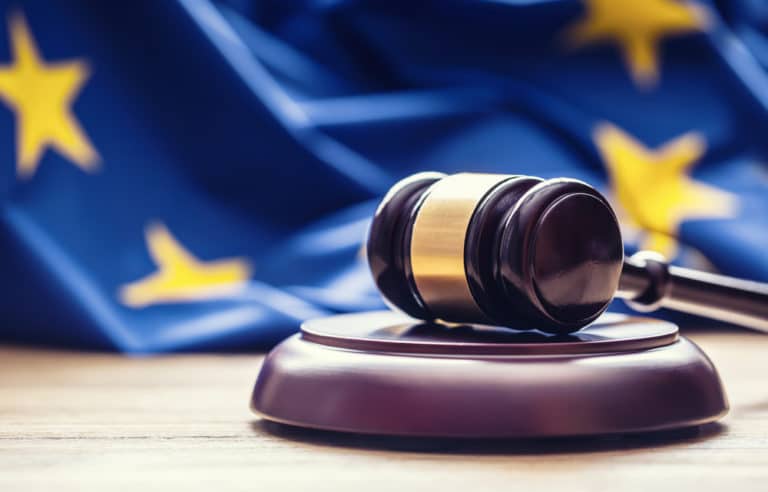The European Parliament has adopted a new law concerning terrorist content on the Internet. Platforms will have to remove any terrorist content within an hour of being notified.
According to the law, providers serving users within the EU must respond within one hour to a notification from the authorities that terrorist content has been found on the website. That response consists of removing the content or giving an explanation why removal would not be feasible, writes TechCrunch.
Removing terrorist propaganda
The legislation is intended to remove the distribution of terrorist propaganda on online platforms such as social media. This specifically concerns material that incites, solicits or contributes to terrorist acts. Giving instructions for such acts or encouraging people to join a terrorist organisation also falls within the scope of the law. The same applies to advice on how to make explosives, firearms or other weapons.
Concerns
Exceptions to the regulations are works that serve the purpose of education, research, art or journalism. Yet there are concerns about the law. It would have a significant impact on the freedom to express oneself online, especially if platforms use filters to prevent such content from appearing on their platforms in the first place. The filtering of such content is not mandatory, but given the short time to respond, it is obvious that platforms will come up with such tools.
There are also concerns about what can and cannot be considered terrorist content. Such a law can quickly create a slippery slope whereby authoritarian governments use the law to silence opponents. It is also unclear to what extent smaller content providers will be able to comply with the rules.
Fines determined by member states
In order to monitor the extent to which the law is used, the law requires platforms to publish an annual overview of the content that has been identified and removed from them. Platforms that do not comply with the rules face a penalty that is determined by the individual states. However, a maximum fine of 4 percent of annual revenue has been set.
The law has now been passed but does not yet enter into force immediately. First, the law has to be published in the Official Journal of the European Union. Twelve months after that, the law will start to apply.
Tip: Human rights organisations want stricter EU rules for WhatsApp and Skype
